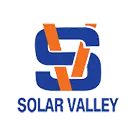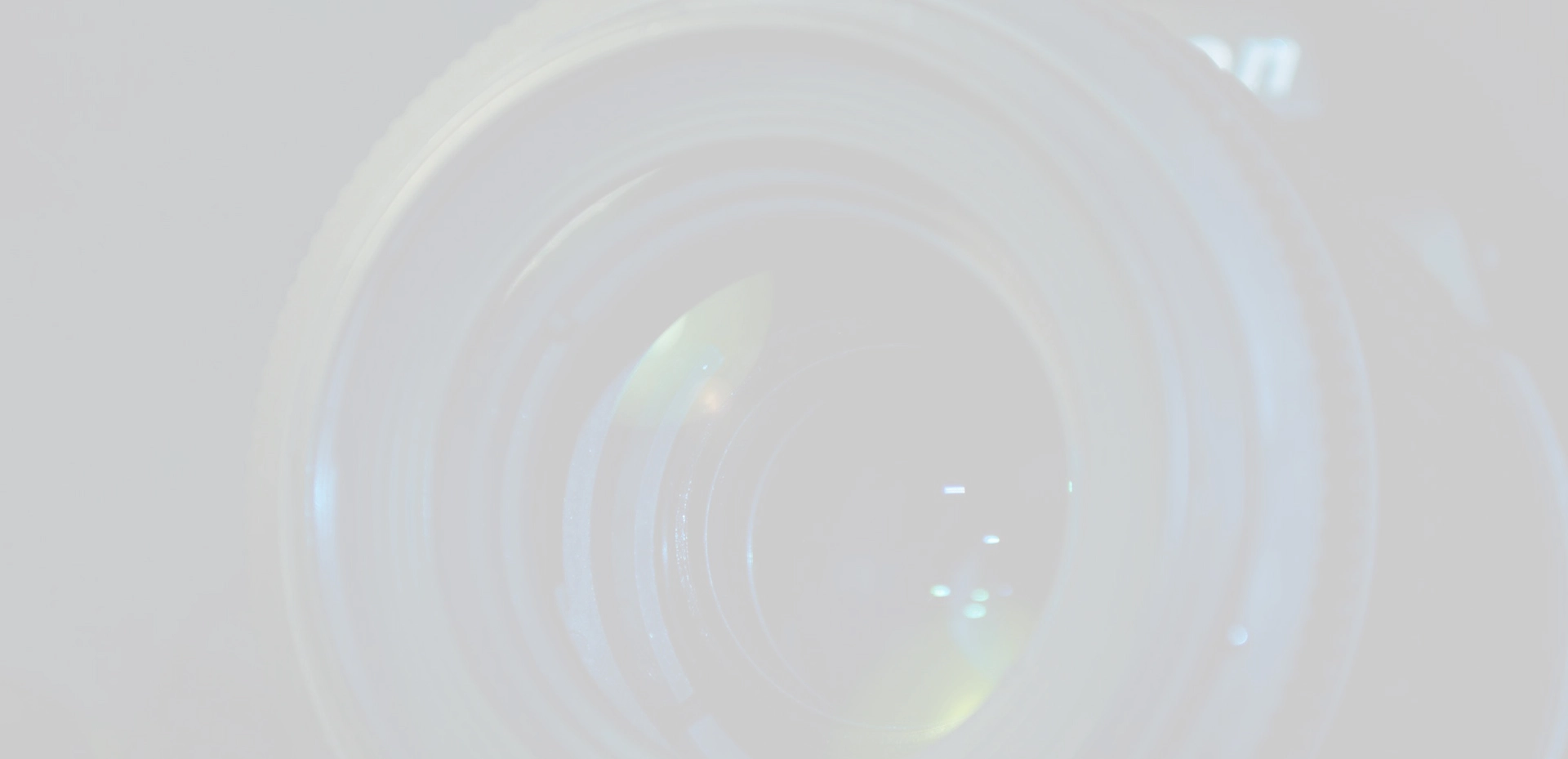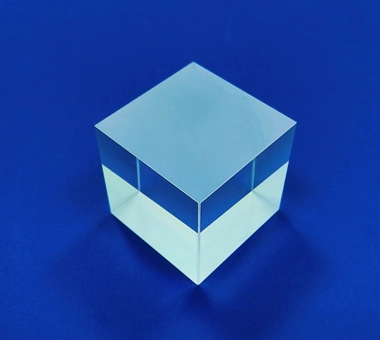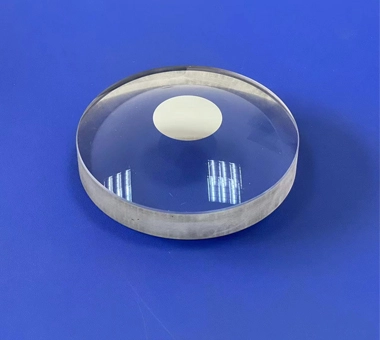
Call Us
86-755-82924037
Call Us
86-755-82924037Ball lenses are spherical optical components, typically made from glass or other transparent materials. These glass ball lens used primarily for focusing and collimating light in a wide range of applications, including fiber optic communications, endoscopy, microscopy, optical pick-up devices, and laser measurement systems. The simple geometry of the glass ball lens allows for minimal light deviation and aberration, making them highly effective in coupling light between fibers or focusing light into a small area. Their efficiency and compact size make fiber ball lens indispensable in precision optical instruments and devices requiring high-quality light transmission and focusing.
Ball lenses function by refracting light as it passes through their spherical surface, focusing or collimating the light rays. Their geometry allows for minimal optical aberration, making them ideal for coupling light into and out of fibers. When light enters a ball lens, it bends towards the lens’ denser medium, converging at a point on the opposite side. The precise focal point depends on the lens material’s refractive index and the diameter of the ball lens, enabling applications in fiber optics, laser collimation, and optical instrumentation.
Optical ball lenses, including fiber ball lenses, glass ball lenses, and half ball lenses, are widely used in various high-precision applications due to their unique properties. Fiber ball lenses are specifically designed to efficiently couple light into and out of optical fibers, ensuring minimal signal loss and high transmission quality. These lenses are crucial in telecommunications and data transmission systems, where maintaining signal integrity is paramount.
Glass ball lenses, on the other hand, are often preferred for their excellent optical clarity and durability. They are used in laser collimation systems to produce parallel light beams, which are essential for applications requiring precise beam alignment and minimal divergence. Additionally, glass ball lenses are employed in optical instrumentation, such as microscopes and endoscopes, where their ability to focus light with minimal aberration enhances image quality and resolution.
Half ball lenses, a variation of the traditional ball lens, offer unique advantages in certain applications. These lenses have a hemispherical shape, which allows for easier integration into optical systems where space constraints are a concern. The flat surface of a half ball lens can be easily mounted onto other optical components, providing a stable and precise interface. This makes half ball lenses particularly useful in compact optical devices and systems where alignment and stability are critical.
Ball lenses, such as optical ball lens and half ball lens offer several distinct advantages in optical applications. Their symmetrical shape simplifies alignment within optical systems, reducing setup complexity and enhancing system reliability. Due to their spherical design, they inherently minimize optical aberration when used for focusing or collimating light, leading to improved signal quality, especially in fiber optic communications. Ball lenses are compact and lightweight, making them ideal for integration into portable devices and instruments where space and weight are critical considerations. Additionally, they can be manufactured from various materials, allowing for customization to specific wavelength requirements and environmental conditions. This versatility, combined with ease of use and high performance, makes ball lenses a preferred choice in a wide range of optical applications, from laser collimation to endoscopy. Contact Solar Valley for more selections of optical lens wholesale.


